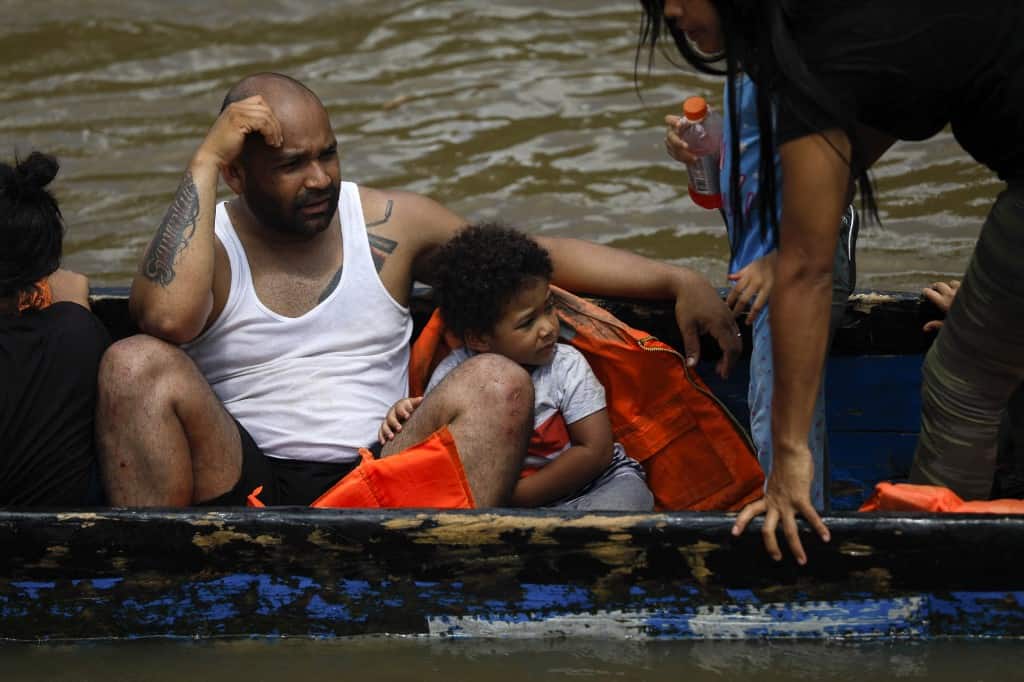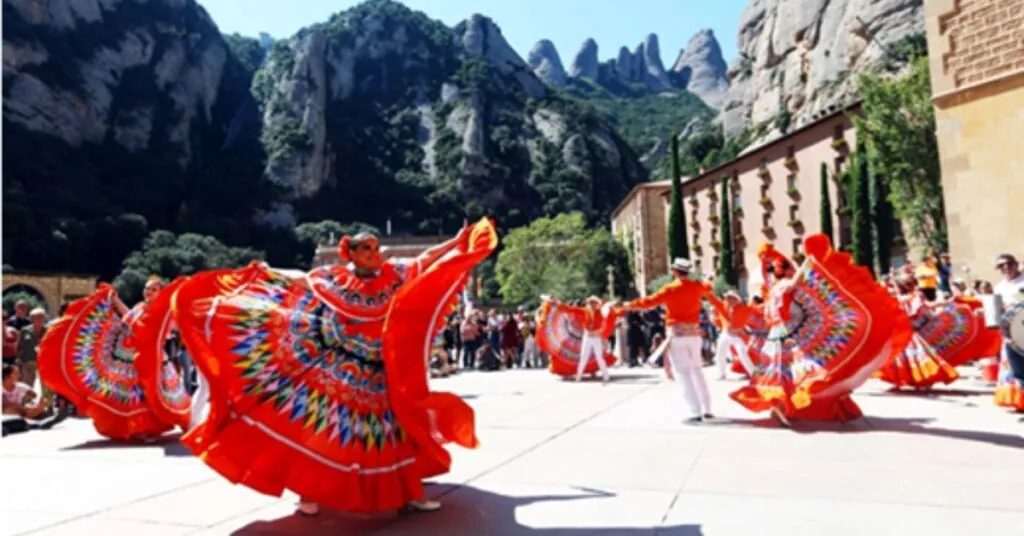QCOSTARICA — I can’t make this up, it took the passing of a bill in the Legislative Assembly to allow the Organismo de Investigación Judicial (OIJ) and the Fiscalia (Attorney General’s Office) 24 hours a day, seven days a week.
And for the president, Rodrigo Chaves, vetoing the bill for it represents a risk of abuse by judicial authorities, and it also lacks justification for granting more power to institutions that, in his opinion, have demonstrated inefficiency.
“I vetoed the bill; I’m returning it to the legislators. The public has realized that the officials in the Attorney General’s Office and the OIJ, at the very least, are incompetent and arbitrary, and they apply the law as they please,” Chaves declared forcefully.
– Advertisement –
The vetoed bill that amended Article 193 of the Code of Criminal Procedure to authorize judges to order searches at any time and day of the year, including weekends and holidays, in serious and urgent cases, was approved in the second and final debate on April 29.
The veto was made official on May 9.
However, beyond the legal arguments, the president was emphatic in his distrust of the actions of the Attorney General’s Office and the OIJ, citing cases such as Soresco, Cochinilla, and the Trocha Fronteriza, where, in his opinion, inefficiency or political manipulation was evident.
“As president, I will not sign a law that gives more leverage to those gentlemen and their superiors in the Third Court, nor to the current boss, applying the law as they see fit. You can’t give wings to a poisonous animal,” Chaves added.
The president accuses the judiciary of behaving like a political party following the raids carried out on Tuesday in the “Pista Oscura”, in what the president described “It was a show, a waste of resources, a disproportionate act… just like the Barrenador and Parque Viva cases,”, that wound up with the arrest of his former MOPT Minister, Mauricio Batalla and three other high-level government officials of his administration, among others.
In a message laden with criticism and warnings, Chaves hinted that the political future of the country—and of the judiciary itself—could change with the 2026 elections.
– Advertisement –
“The antics of Randal Zúñiga, director of the OIJ, and Carlo Díaz, Attorney General, will not intimidate this president, nor my colleagues (…) In 1948, the people rose up; I’m not saying they’re going to do it now, but don’t pull the calf’s tail,” Chaves said forcefully.
The president openly questioned the legality and appropriateness of the 22 raids carried out by the Public Prosecutor’s Office and the OIJ on Tuesday, calling them “a provocation to the people of Costa Rica” and “a comic opera intended to make a fool of oneself.”
Could it be that Rodrigo Chaves fears having his house raided at night?
President Rodrigo Chaves’ controversial decision to veto the bill sparked a wave of criticism from various sectors of the Legislature.
– Advertisement –
Legislators from various political factions have described the veto as a setback in the fight against organized crime and, in some cases, have suggested that the president is acting out of personal fear of being subject to judicial intervention.
“It’s outrageous that the President vetoed the law that would allow 24-hour raids. All this would do is make police work easier and life more difficult for criminals,” criticized Eli Feinzaig of the Partido Liberal Progresista (PLP).
“It must be awful to be woken up in the middle of the night, especially when they’re about to break down your door to conduct a raid. In light of the Pista Obscura case at Liberia Airport, in which the president is a person of interest, I wonder if he’s already afraid that this could happen to him,” Feinzaig added.
Along the same lines, various other legislators, from different political parties, also lamented the executive branch’s decision.
“We believe it is a very good tool to continue combating organized crime, even more so considering that the judiciary has limited resources. Making the most of them is an option we learned about in the Legislative Assembly and that most of us believe was positive,” said Rocio Alfaro of the Frente Amplio (FA).
Monserrat Ruiz of the Partido Liberación Nacional (PLN) called the veto “absolutely contradictory, inconsistent, and out of place.”
She added that the proposal guarantees due process, as any search warrant would still have to be issued by a judge.
“If the president is so interested in making this bill viable, we invite him to convene it immediately so that the commission of jurists can make the necessary changes,” she stated.
For his part, Alejandro Pacheco of the Partido Unidad Social Cristiana (PUSC) maintained that “the security of all Costa Ricans is above any political or institutional conflict” and called on the other legislators to proceed with the resealing of the bill as soon as possible.
“It is regrettable that the President of the Republic vetoed the bill that allows judicial authorities to conduct searches 24 hours a day,” he concluded.
The only voice supporting the presidential veto is legislator Pilar Cisneros, head of the Partido Progreso Social Democrático (PPSD), the official government party, who harshly questioned the arrest of Batalla, and other high-ranking officials.
The future of the bill now rests in the hands of the legislators, who could attempt to reseal it to override the presidential veto.
– Advertisement –
Source link
Rico



